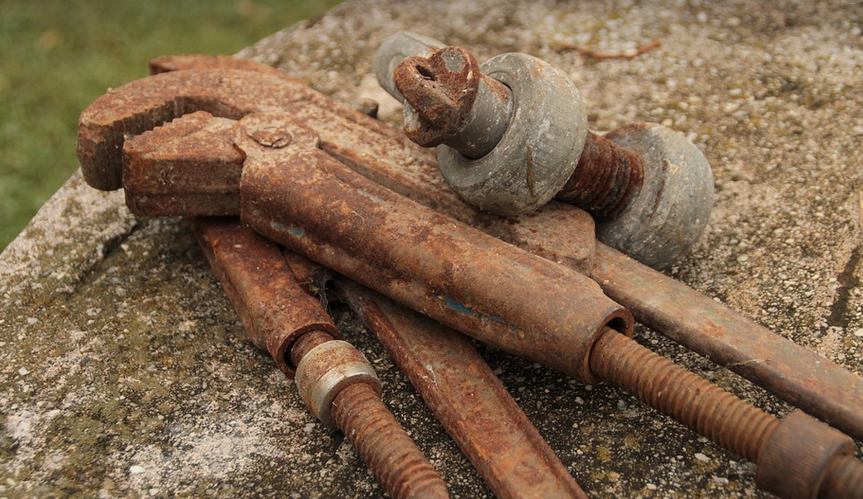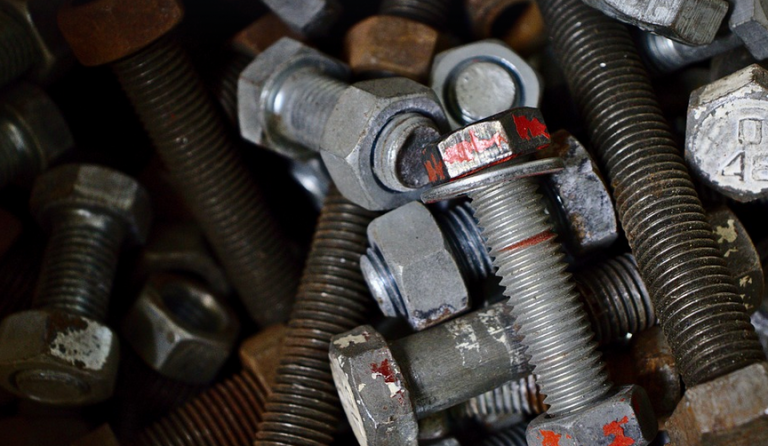
Decoding the Mystery: How Heat Pumps Work
So, you’re curious about heat pumps. You hear them mentioned in conversations about energy efficiency and climate control, but are they really just fancy air conditioners?
Well, the answer is a bit of both! While heat pumps share some similarities with traditional AC units, their core functions differ considerably, leading to a unique blend of cooling and heating capabilities.
To delve into the heart of this technology, let’s break down the magic of heat pumps. These machines are essentially reversible thermostats that utilize a refrigerant cycle to move heat.
Think of it like this: when your home gets too hot, a heat pump draws energy from the outdoor environment and then transfers it indoors. This process relies on the principle of thermodynamics, where a temperature difference creates the potential for energy transfer.
In essence, heat pumps act as efficient bridges, drawing cool air from outside to keep your house comfortable in summer. Conversely, during winter, they work by extracting heat from the inside and transferring it to the outdoor environment, essentially acting like a giant heater.
The Air Conditioner Connection: A Closer Look at Cooling
Now, let’s address the air conditioning aspect of heat pumps. They are indeed capable of cooling your home. How? Well, heat pumps utilize a refrigerant as a medium for transferring heat.
This refrigerant circulates through the system, absorbing heat from indoor air and releasing it into the colder outdoor environment. This process creates a cooling effect within the house. But, in this way, they are not just air conditioners.
The Heat Pump Advantage: Efficient Heating
While AC units primarily focus on dehumidification and temperature control, heat pumps can deliver exceptional heating capabilities too. This is done through a similar process of transferring heat from one location to another.
Unlike traditional furnace systems that rely solely on burning fuel, heat pumps utilize the efficient transfer of energy between hot and cold environments. They harness the warmth available in your home during winter to provide consistent temperature control.
Unveiling the Complexity: The Refrigerant Loop
To truly understand how a heat pump works its magic, let’s delve into the inner workings of the refrigerant loop. It’s a fascinating process involving several key components:
– **Compressor:** This component pressurizes the refrigerant gas, increasing its temperature and energy.
– **Condenser:** The compressor-driven refrigerant travels to the condenser coil, where it releases heat into the environment.
– **Expansion Valve:** The refrigerant then enters the expansion valve, which reduces its pressure and allows it to cool down.
The Inverter: A Key Player in Efficiency
Another crucial element for optimal heating and cooling is the inverter technology that controls the compressor speed. This clever innovation allows heat pumps to adjust their operational speed based on your home’s temperature needs.
The faster the compressor runs, the more energy it consumes, leading to a higher output of heated or cooled air. On the other hand, at lower speeds, the compressor uses less energy, making it more efficient.
Exploring Energy Efficiency: A Green Solution
A major appeal of heat pumps is their exceptional energy efficiency. They are much more energy-efficient than conventional heating and cooling systems like furnaces or AC units.
By transferring heat instead of generating it, heat pumps reduce wasted energy, leading to significant savings on your utility bills. This eco-friendly aspect makes heat pumps a popular choice for environmentally conscious individuals.
Beyond Efficiency: A Healthy Home
Heat pump technology isn’t just about saving money; it also contributes to a healthier indoor environment.
Heat pumps can help control humidity levels, which are crucial for your health and well-being. They work by removing excess moisture from the air, preventing mold growth and dust mites, leading to cleaner and fresher air.
Heat Pump vs. AC Units: A Comparison Chart
To sum things up and illustrate how heat pumps differ from traditional AC units, here’s a table summarizing their key differences:
| Feature | Heat Pump | AC Unit |
|---|---|---|
| Cooling/Heating type | Both, via refrigerant cycle | Primary for cooling |
| Energy Efficiency | Highly efficient; 20-40% greater than AC units | Moderate efficiency compared to heat pumps |
| Environmental Impact | Lower emissions, less reliance on fossil fuels | Higher emissions and dependence on fossil fuels |
The Future of Comfort: Heat Pumps On the Rise
As the world moves toward a sustainable future, heat pumps are gaining traction as a viable solution for efficient home heating and cooling.
These technologies offer many benefits, including reduced energy consumption, lower operating costs, and improved indoor air quality, making them increasingly popular choices for homes across the globe.
Ready to Upgrade? Get Informed
If you’re considering upgrading your home’s heating and cooling system, heat pumps offer a compelling solution.
Take advantage of online resources, consult with experts, and carefully weigh the pros and cons before making a decision that aligns with your budget and lifestyle.
Heat Pumps: A Sustainable Choice for Your Home
In conclusion, heat pumps are more than just air conditioners; they represent a sophisticated merging of cooling and heating technologies.
Their efficient design and innovative features make them an appealing option for homeowners seeking both energy savings and sustainable comfort.






